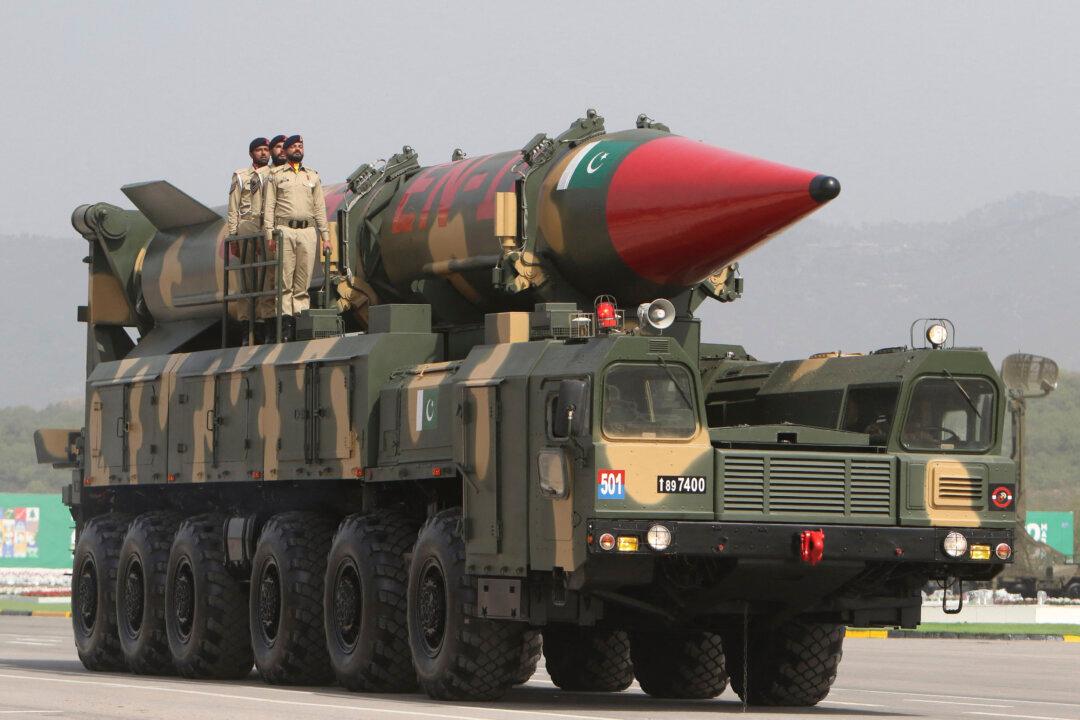A senior U.S. official recently warned that Pakistan’s long-range ballistic missiles may have the capability of hitting the United States, prompting a dismissal from the South Asian country.
U.S. Deputy National Security Adviser Jon Finer, in remarks at the Carnegie Endowment for International Peace on Dec. 19, said that Islamabad is developing long-range ballistic missile systems that, if developed further, could eventually reach targets beyond the region, including the United States.





